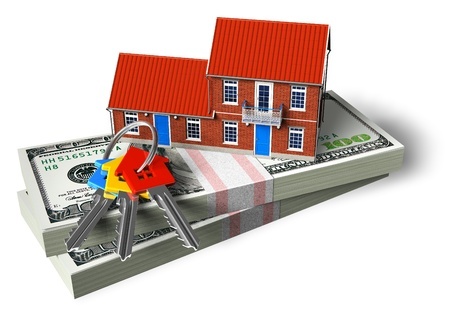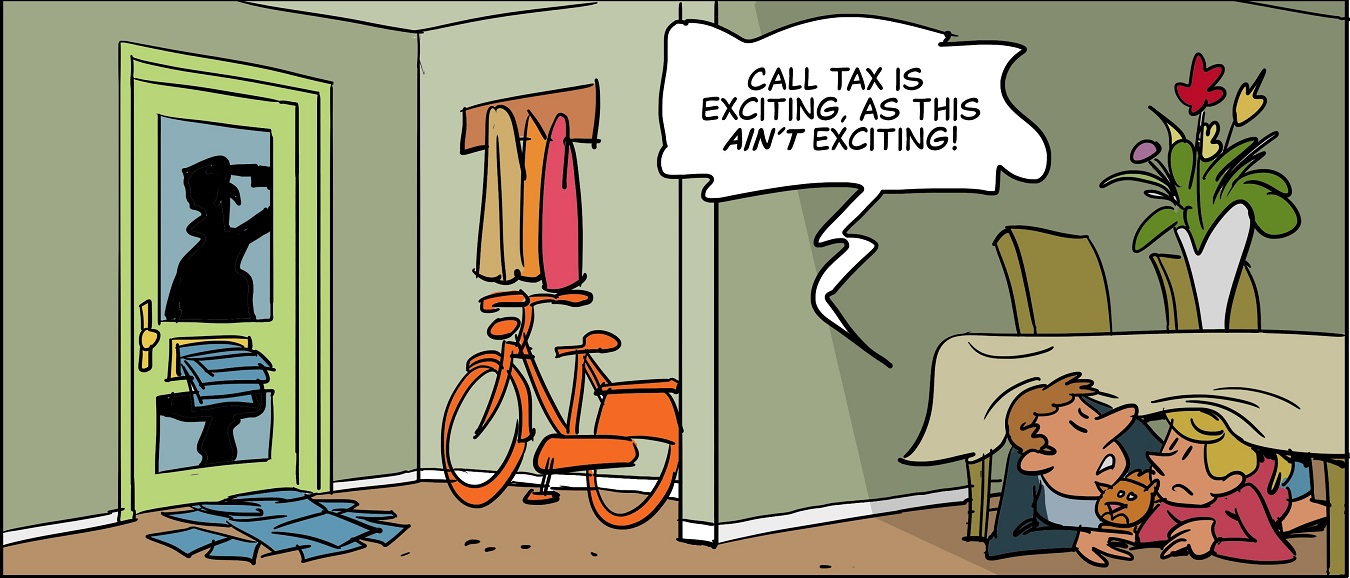If you are a resident or non resident in the Netherland, property is taxed with Dutch income tax.
Resident and property
If you are a resident tax payer, you can have two types of property. Property that functions as your main residence. This property is in the so called Box 1 of the income tax return. That implies a percentage of the WOZ value is added to your income. The WOZ value is a value the Government allocated to the house. And from the percentage added to your income you can deduct all costs related to a possible loan taken out to purchase the house. Most likely you have had assistance of a mortgage expert and that expert has calculated already for you the tax discount. We can assist you in actually claiming this discount.
If you took out no loan for your Box 1 house, then no income is added and no costs are deducted related to this property taxed in the Netherlands in your income tax return.
If you are a resident and you own property that is not your main residence, then this property is taxed in the so called Box 3 in the income tax return at 1.2% over the WOZ value minus a possible debt you took out to purchase this property. That implies no deduction of mortgage costs and no reporting of rental income.

Non resident property
In all tax treaties is determined that property is taxed in the country where it is situated. The logic is of course that that country also has the presence/burden of that property, hence the right to tax it. If you live abroad, then Dutch located property will be subject to Dutch income tax over the WOZ value of the property minus a possible debt you took out to purchase the property. The tax rate is 1.2%.
VVE balance
In the event you purchased an apartment in a building, then the building is ruled by a so called VVE. A VVE is an organization of which you are obligatory part by the fact you own an apartment in that building. Basically the VVE takes care of your rights and obligations. Among the obligations is the maintenance. Some maintenance is the simple cleaning of the public rooms, some maintenance is for instance the roof restoration. Such an event is coming, and it is expected to be done every 40 or 50 years. In order to cover the costs for such extensive maintenance, you pay now already into the bank of the VVE to cover the costs in the future.
Should you sell the property, you cannot call the VVE and ask them to pay back everything you contributed to the roof that was never replaced while you were the owner. No, that money stays with the VVE, as you contributed to the costs of the new owners. That is not a loss, as you will see the status of the VVE back in the price you received during the sale. A poor VVE will result in a lower price for the property, as they need to make additional contributions to the VVE you lacked.
That said, I hope you understand that the balance you are shown by the VVE at the end of the year is not a balance you are entitled to at all. It is simply a balance of your part of the bank account that will be used for future costs.
Now the tax office demands you to pay 1.2% income tax over this balance, as the tax office has published their opinion of this being an asset. We disagree with this hunger for money, as it is not an asset. In fact, you should be able to put in your liability for the same amount as future obligation to pay for the costs, but of course that you cannot do in the income tax return.
For non residents fortunately only the real estate is taxed at the WOZ value determined. No bank balances are involved in this matter. For residents this is an issue and we think you should take the stand point it cannot be seen as an asset, it is outside your control, so how can the VVE balance be regarded an asset?
Capital gain tax
We do not know capital gain tax for privately held property. That implies any gain made you can receive tax free for the Dutch income tax. If you are a US national, you still need to report this capital gain in your US income tax return. For the process and the outcome of this aspect we recommend you to contact a US income tax expert.
The Dutch tax office is struggling with the current system of 1.2% income tax over assets such as bank balances that have not yielded more interest than 0.7%. That makes me worry that future capital gains might be taxed.
Orange Tax Services
We can assist you with filing your resident and non resident income tax return. We will take the standpoint that the VVE balance is not part of your world wide assets. However, it is you who is responsible for the contains of the income tax return, hence, if you do not agree with our opinion, we will be glad to submit the VVE balance as well. Even though we strongly disagree with the thought it is regarded an asset.





